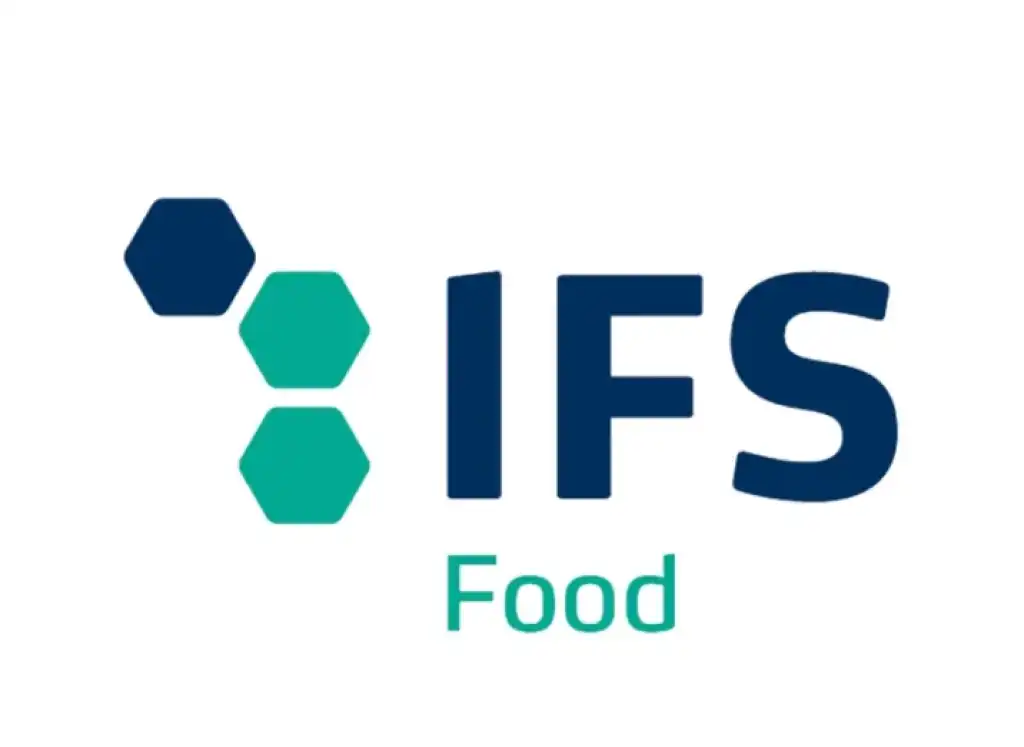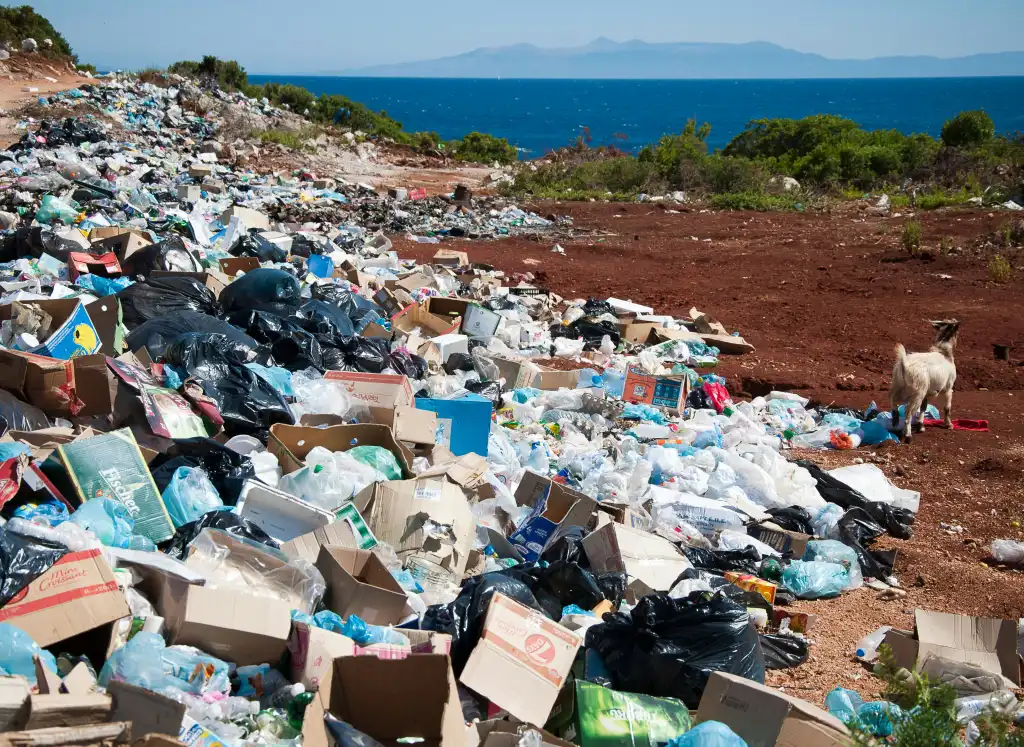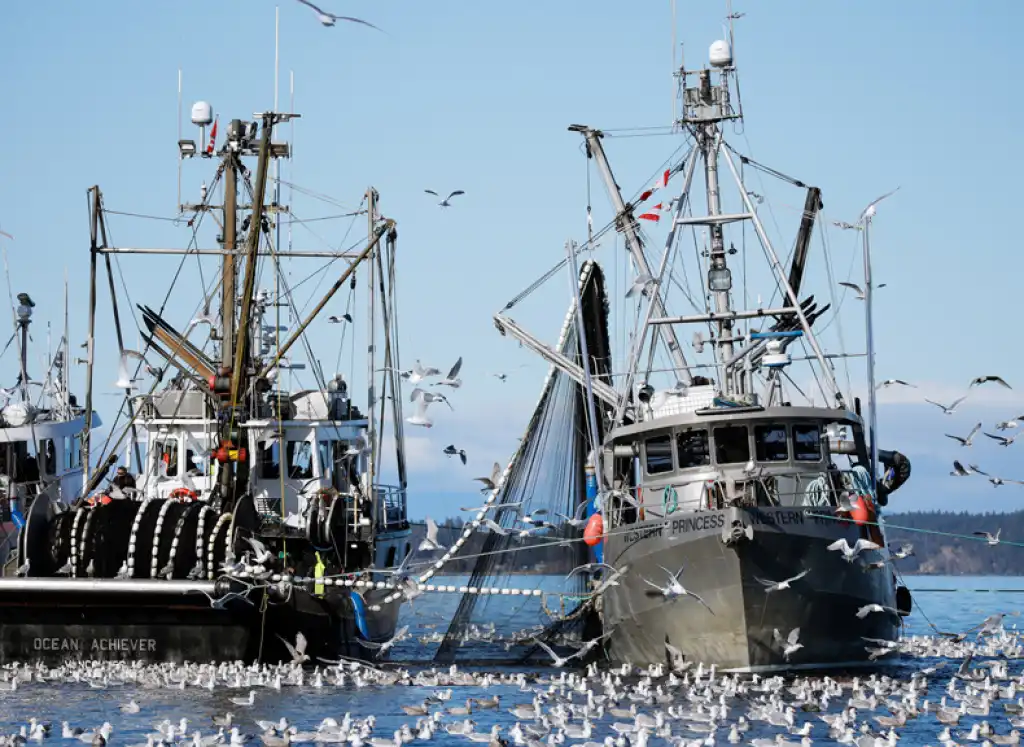The unsustainability of the “cocoa system”
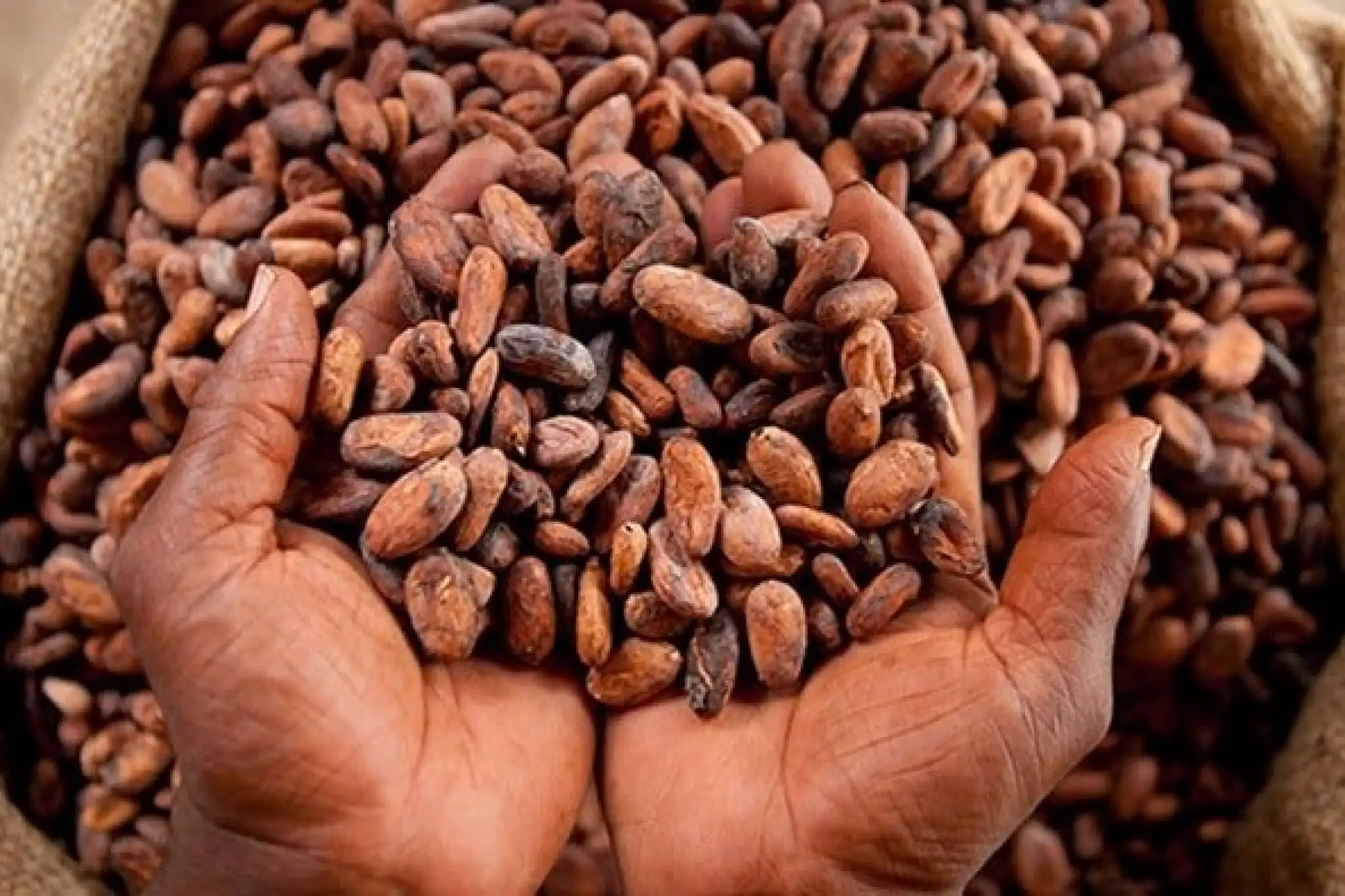
A strategic supply chain in crisis
The cocoa production chain, vital for the economies of countries such as Côte d’Ivoire and Ghana, is undergoing a profound crisis due to rising international prices and the climate emergency. In Côte d’Ivoire, cocoa generates over 15% of national GDP and employs more than 600,000 farmers. On international markets, prices have exceeded USD 10,000/t and, by April 2024, raw bean futures had risen by 160% — outperforming Bitcoin. Yet farmers remain underpaid and impoverished.
Higher prices, persistent poverty
To address the crisis, Ivorian authorities announced a mandatory 50% increase in the farmgate price, bringing it to 1,500 XOF/kg (≈ €2.30/kg). However, the economic fallout from Covid-19, rising living costs and falling yields have cancelled out any progress, leaving farmers increasingly at risk of falling below the extreme poverty line (USD 2.5/day).
The “cocoa system” relies on long and opaque supply chains dominated by a handful of multinationals: farmers retain only a fraction of the final value, while the intensive use of pesticides and fertilisers harms both their health and fragile ecosystems.
Value that never reaches farmers
By comparison, giants such as Lindt, Mondelēz and Nestlé reported almost USD 4 billion in profits in 2023, while the combined wealth of the Ferrero and Mars families exceeds USD 160 billion — more than the combined GDPs of Ghana and Côte d’Ivoire. This stark contrast highlights the inequity of the oligopoly of “brown gold”.
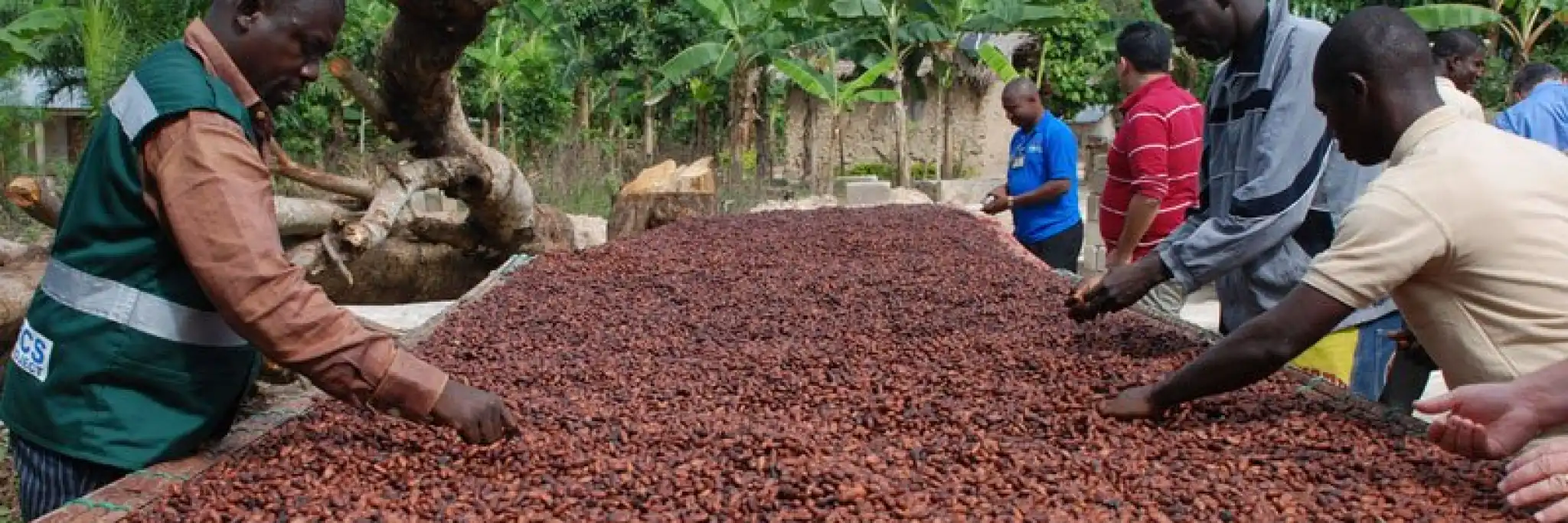
Lost forests and a vicious circle
The expansion of cocoa plantations is alone responsible for the loss of around 80% of Ivorian forests. This devastation worsens the environmental crisis and further reduces plantation yields, fuelling a vicious cycle that threatens both supply and profitability.
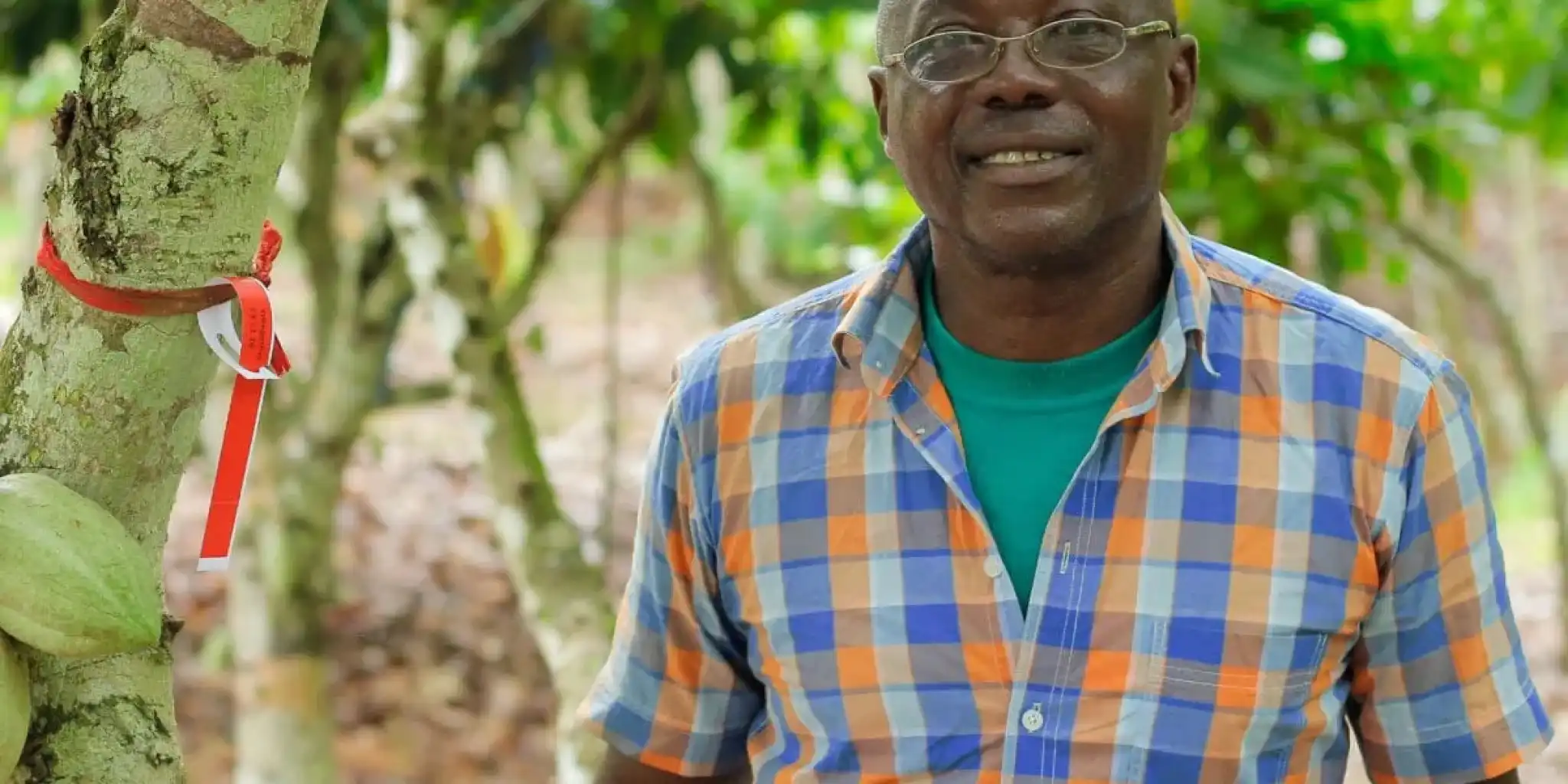
Change is possible, but the chain must be rebalanced
Some farmers are trying to switch to more sustainable and profitable crops, but economic insecurity hampers long-term investment. Positive examples — such as Ambroise N’Koh, an Ivorian farmer who revived ancient organic and sustainable farming techniques — demonstrate that change is possible.
The path ahead is long and requires a profound rethink of commercial dynamics: fairer pricing, shorter and more transparent supply chains, and environmental protections that reward sustainability.
Further reading:
